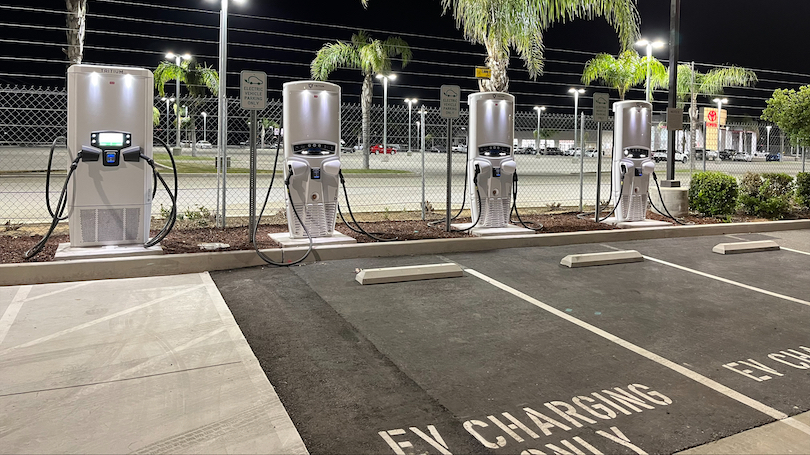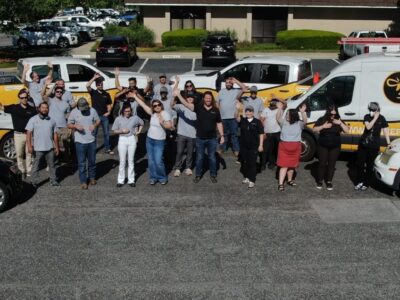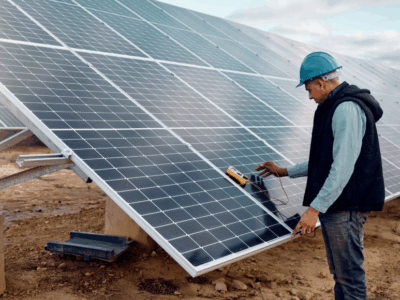The United States has a lot of work to do preparing for the transition to electric vehicles (EVs), especially given the federal government’s plans to ensure that two-thirds of new passenger cars and one-quarter of new heavy trucks sold in the United States are all-electric by 2032. Much of the work involves building out the EV charging infrastructure.
According to White House data cited by The New York Times, as of April 2023, the U.S. had about 130,000 public EV charging stations. As the newspaper reported, the 2021 Bipartisan Infrastructure Law earmarked $7.5 billion in government funding to build 500,000 charging stations along federal highways, but even that might not be enough. Research from S&P Global estimated that more than 2 million public charging stations will be needed by 2030.
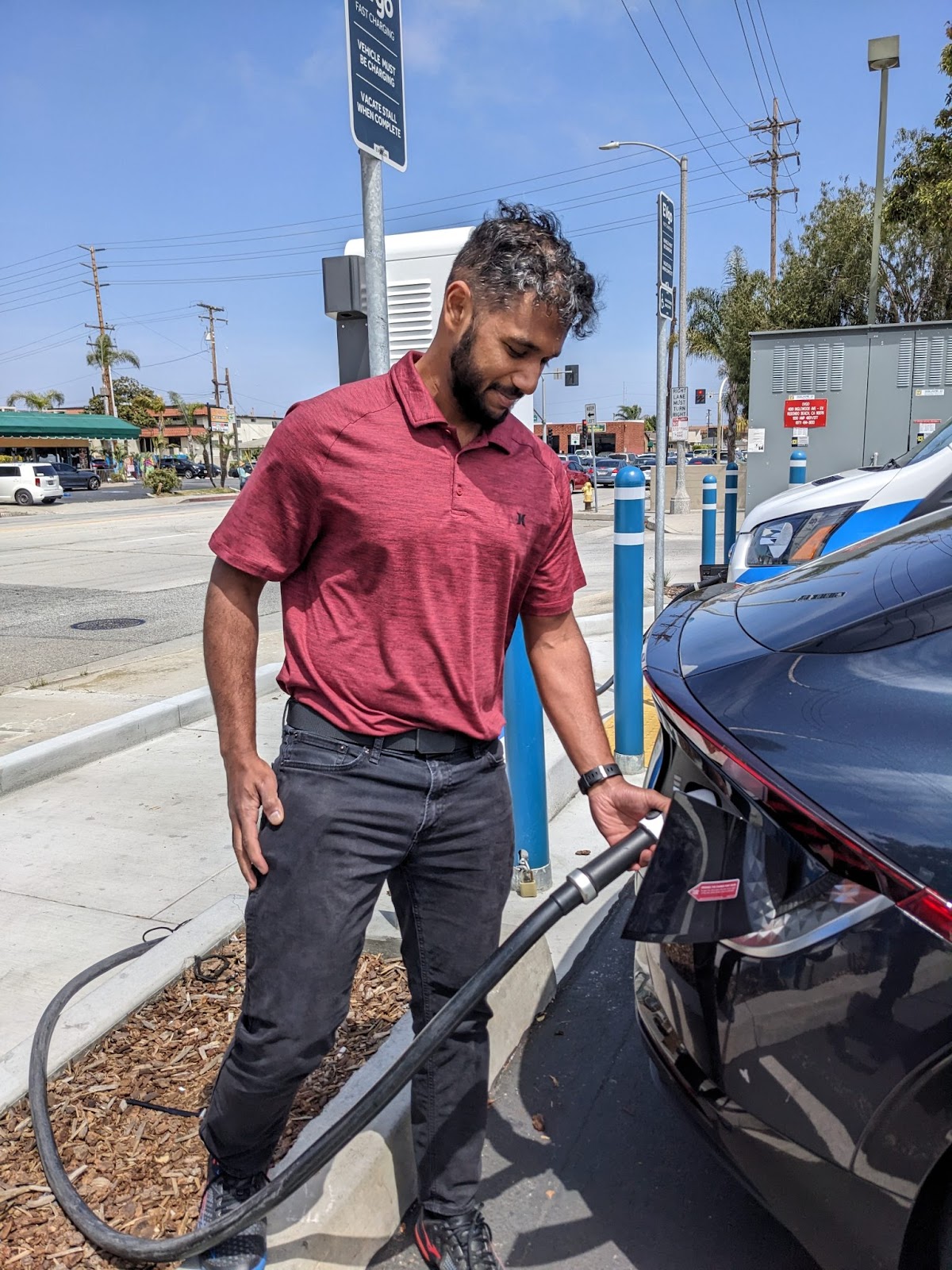
Photo Courtesy Idaho National Laboratory
To help speed things along, the U.S. Joint Office of Energy and Transportation has funded a team from three national laboratories to lead the National Charging Experience Consortium (ChargeX Consortium). The team includes the Argonne National Laboratory, Idaho National Laboratory, and National Renewable Energy Laboratory. They’ll collaborate with dozens of private- and public-sector organizations representing a cross-section of the EV industry to focus on three main charging challenges:
- Payment processing and user interface
- Vehicle-charger communication
- Diagnostic data sharing
According to the Joint Office website, teams working in the above areas will exchange information to help the national labs identify solutions to common challenges and share them across the EV industry.
The initiative aligns with the Joint Office’s “mission to accelerate an electrified transportation system that is affordable, convenient, equitable, reliable, and safe.” It also aims to fulfill a mandate to plan, coordinate, and share data to smooth the development of the national charging network.
The launch of the ChargeX Consortium was announced in May 2023. A press release at the time noted that the consortium had commitments to participate from nearly 30 entities, including leading automakers, such as BMW of North America, Ford Motor, General Motors, Rivian Automotive, Stellantis (owner of Chrysler), and Tesla. Other high-profile participants include Electrify America, J.D. Power & Associates, the New York Power Authority, and Siemens.
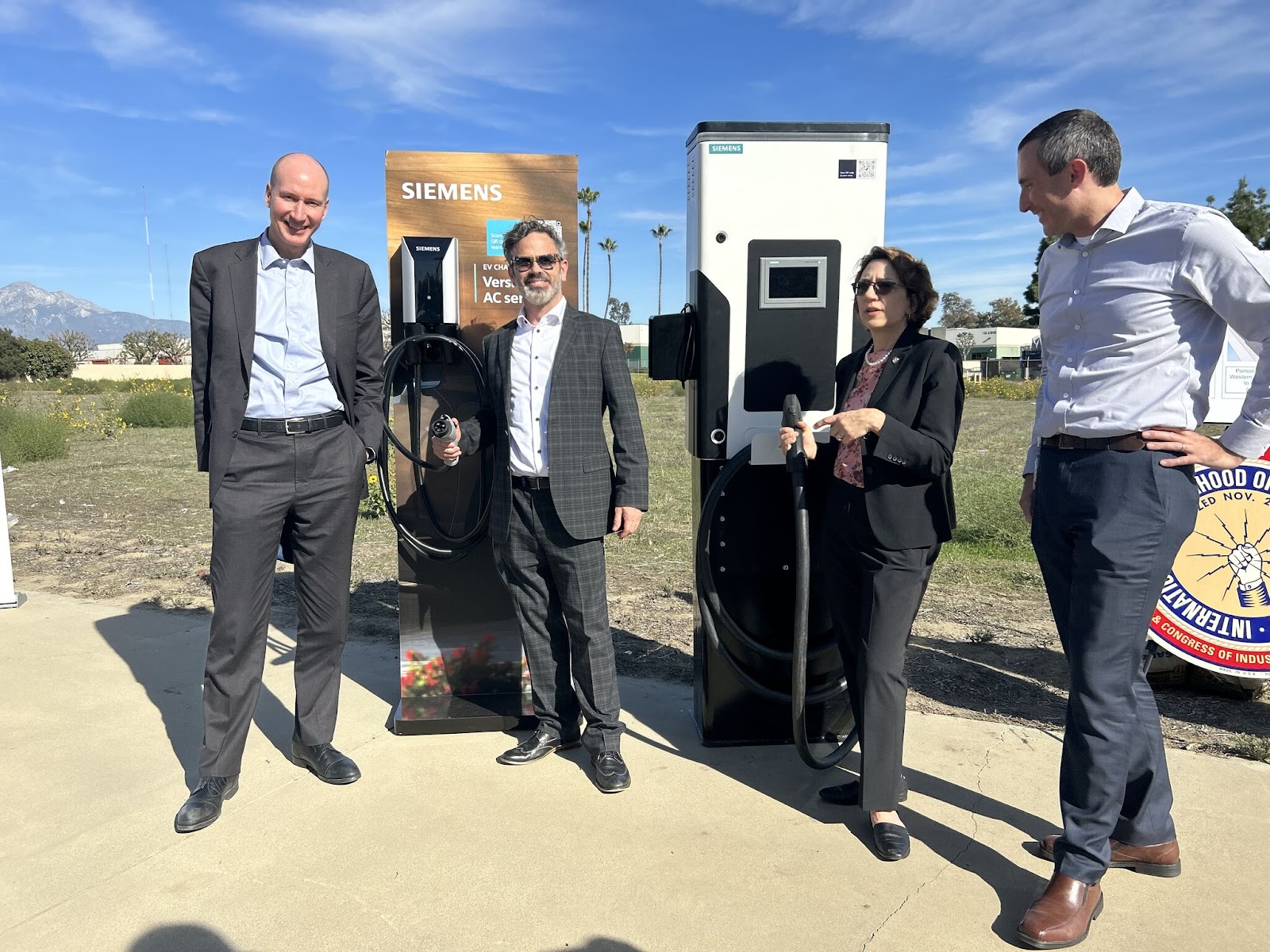
Photo Courtesy Joint Office of Energy and Transportation
All that brainpower and experience will come in handy as the country tries to fulfill the administration’s ambitious goals to get more Americans into EVs.
“The national labs provide the independent expertise needed to fix the most challenging, systemic problems that can impact the customer charging experience,” John Smart, consortium director and lead at the Idaho National Lab, said in the press release. “The national lab team shares a sense of urgency and has identified an aggressive timeframe that aligns with the United States’ accelerating transition to electric transportation.”
The ChargeX Consortium website says the effort aims to build on the foundation for charging reliability established by the federal government. It also complements other Joint Office-supported initiatives:
- The Joint Office Ride and Drive Electric Funding Opportunity Announcement. This effort is designed to improve EV charging performance and reliability, partly by adding more commercial capacity to test and certify high-power EV chargers and validate their real-world performance.
- The creation of a centralized database for EV charger data reporting aims to “facilitate and maximize access to data and insights that could inform future charging reliability analysis.”
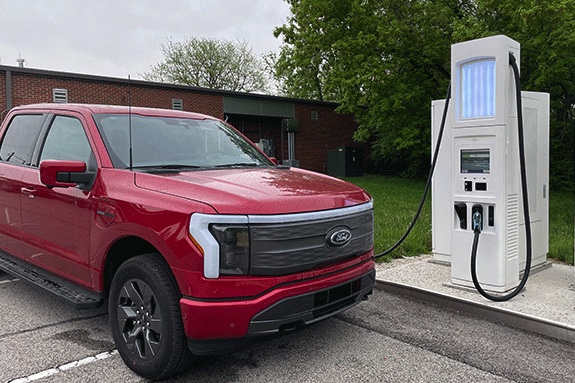
Photo Courtesy inl.gov
“Many companies are working hard to bring sophisticated electric vehicles, chargers, and charging networks to market, but it takes strong collaboration across the industry to ensure that the national charging network is reliable and user-friendly for all,” Sarah Hipel, the Joint Office’s standards and reliability program manager, said in a statement. “The ChargeX Consortium, paired with other Joint Office efforts, will amplify and safeguard public and private investment to grow and improve the quality of the nation’s public charging infrastructure.”

